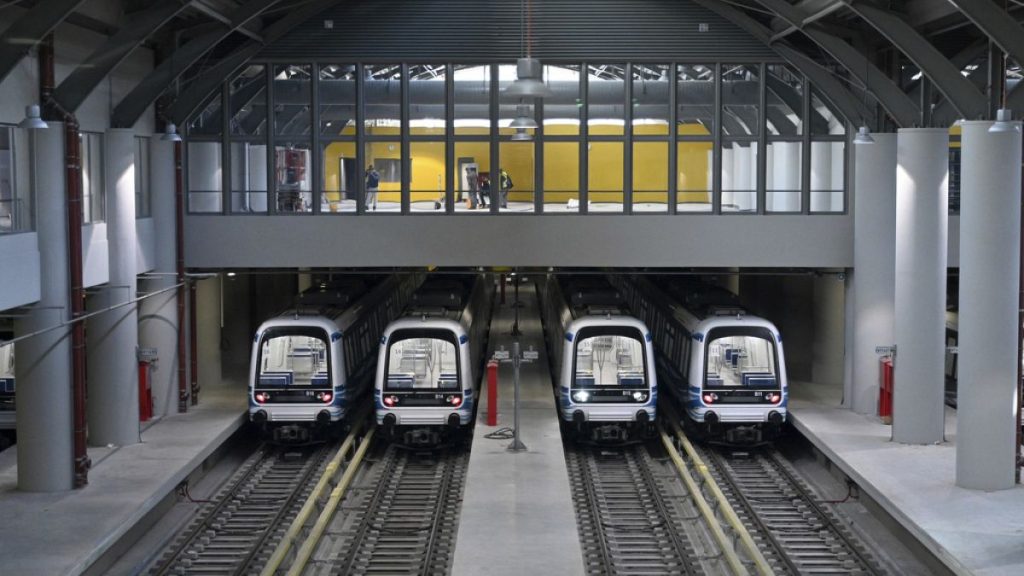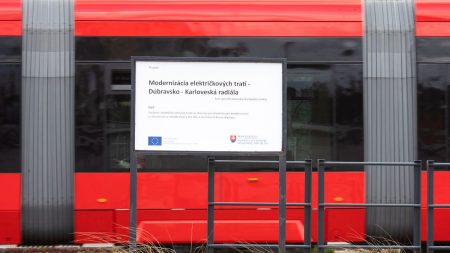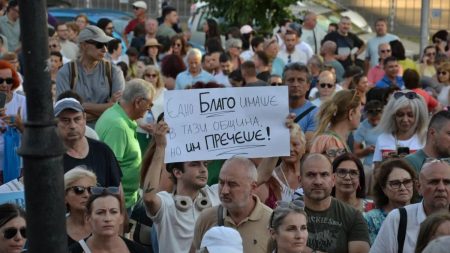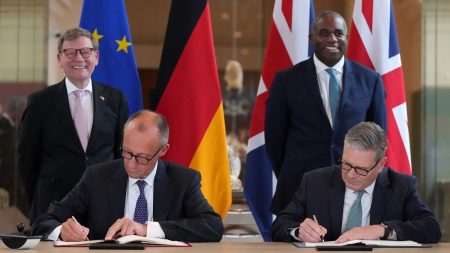The Thessaloniki metro project, which officially inaugurated a 9.6-kilometre driverless train line on Saturday, has a storied and somewhat tumultuous history extending back over a century. The first conceptual plans for this ambitious transportation project were laid more than 100 years ago, with actual tunnel construction commencing in 1986. However, it wasn’t until 2003 that significant construction efforts began earnestly. Since then, the project has captivated the city’s residents, who have been eagerly anticipating its realization despite facing a series of challenges, from deep archaeological digs to financial crises that plagued its contractors. Prime Minister Kyriakos Mitsotakis launched the initial line across 13 stations, offering four days of free rides to the public, followed by a ticket price of 0.60 euros.
The historical backdrop against which this project unfolded is significant for Thessaloniki, a city with a rich tapestry of ancient heritage. The excavation process not only aimed to construct a modern transportation system but also uncovered a wealth of antiquities dating back to Roman, Greek, Byzantine, and Ottoman periods. Important findings—such as a Roman-era thoroughfare, burial sites, and numerous artefacts—significantly delayed the project and required costly adjustments to initial construction plans. The depth of the tunnels had to be modified to preserve these historical artefacts, showcasing a fascinating intersection of modern engineering and ancient history. Transport and infrastructure minister Christos Staikouras highlighted the integration of archaeological heritage with metro infrastructure, emphasizing the unique character of this project.
However, the path to completion was fraught with obstacles, causing considerable delays and increased costs throughout the process. In fact, the project almost faced termination in 2013 due to issues arising from a financial crisis that began in 2009, which crippled the contractor, AEGEK. Government reports suggest that the total cost has reached approximately three billion euros for the completed line. Additionally, the impact of over 300,000 archaeological discoveries along the route required careful management in collaboration with local archaeological authorities, leading to a series of logistical and design challenges. This contributes to a mixed reception among residents, who previously viewed the project mostly as a symbol of bureaucratic inefficiency and unfulfilled commitments.
In parallel, another ambitious metro construction project in Rome—Line C—has been beset by similar challenges, primarily due to the unearthing of archaeological finds. Having started construction in 2006, the project has experienced chronic delays and soaring costs, initially expected to complete in 2000 but now potentially extending to 2035. Each archaeological discovery has necessitated specialized excavation, thereby complicating the construction process and inflating its budget to surpass seven billion euros. This situation in Rome mirrors that of Thessaloniki, highlighting how managing modern infrastructure projects can clash with preserving cultural heritage.
While construction in both cities underscores the importance of advancing urban mobility, the intersections with archaeology create unique opportunities for public engagement and education. The Thessaloniki metro, for instance, integrates showcases of antiquities into its stations, such as a display of a marble-paved Roman road at the central Venizelou Station. This melding of past and present positions the metro not just as a transportation network but also as a cultural venue connecting residents and visitors to the rich history of the regions they traverse. Similarly, Rome’s Line C promises its own historical significance by linking the city’s outskirts to its historic core, grounding passengers in the history of the city as they navigate modern transit.
Despite the challenges, both projects represent transformative efforts to modernize transportation systems while embracing the ancient treasures beneath their surfaces. The successful launch of Thessaloniki’s metro has rekindled local pride and optimism after years filled with skepticism over the ability to navigate bureaucratic hurdles safely and efficiently. As both Thessaloniki and Rome move towards operational metro systems that underscore the importance of both mobility and heritage, they also raise essential questions about future urban infrastructural projects. Balancing excavation efforts with contemporary needs remains a critical issue, highlighting the ongoing complexities cities will face as they evolve amidst their respective historical contexts.














